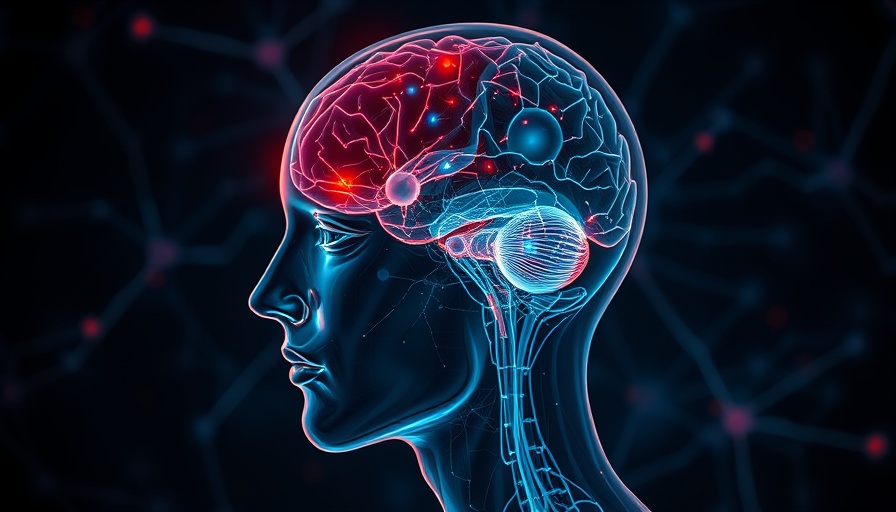
Understanding the Complexity of Bipolar Disorder
Many have grown up with the notion that mood disorders stem from a simple chemical imbalance. It seems like a straightforward explanation, particularly when communicating with patients discouraged and disheartened by their struggles. However, recent findings in psychiatry suggest that the reality of bipolar disorder is far more complex, encompassing a range of biological, environmental, and psychological factors.
Why the Myth of 'Chemical Imbalance' Is Misleading
While the old notion of a chemical imbalance was likely intended to simplify communication surrounding mental health, it poses dangers by oversimplifying a multifaceted disorder like bipolar disorder. Critics argue that since there isn’t a single test for a chemical imbalance, the real cause of the disorder must be invalidated. But this thought process is both erroneous and harmful. Just because a definitive test doesn’t exist doesn’t mean a disorder isn't real. Many validated medical conditions have been diagnosed based on clinical observations long before secure lab tests were available.
Debunking Antipsychiatry Myths
Critics of psychiatry may latch onto the debunking of the chemical imbalance theory to claim bipolar disorder is a fabrication. This perspective, however, is dangerously flawed. Just because there might not be a direct test akin to a blood test for diabetes doesn't negate the reality of bipolar disorder. Historical and contemporary evidence highlights that numerous factors contribute to the illness. For instance, significant biological markers, such as differences in brain circuits and hormone levels, have been reliably documented, signaling that bipolar disorder is indeed a biological condition.
Biological Findings Supporting Bipolar Disorder
Emerging research consistently highlights measurable differences in key areas for individuals with bipolar disorder. Studies have illustrated alterations in stress hormones, inflammation, circadian rhythms, and neurotrophic factors. These findings bolster the understanding that bipolar disorder results from more than a mere chemical imbalance—it is a complex interplay involving genetic and environmental factors.
What This Means for Treatment
The complexity of bipolar disorder leads to diverse treatment responses, requiring individualized approaches in managing the condition. Medical professionals have noted that understanding these multifactorial origins plays a crucial role in tailoring effective treatment plans, ensuring that patients receive appropriate care based on their unique set of biological and environmental influences.
Moving Forward with Awareness and Understanding
As we work to dismantle outdated beliefs about mental health, it’s crucial to foster a more nuanced understanding of psychiatric disorders. Recognizing bipolar disorder as a legitimate illness shaped by various influences—rather than a mere chemical imbalance—encourages more accurate conversations around mental health and paves the way for better support for those affected.
Actionable Insights for Improved Understanding
Various tools and resources are now available for individuals looking to educate themselves and others about bipolar disorder. From reputable mental health websites to community support groups, there are significant resources offering valuable information. Sharing this knowledge with friends and family can help dismantle stigmas and foster supportive environments.
A Call to Embrace Complexity in Mental Health
As we continue to navigate the complexities of mental health awareness, let us embrace and spread the knowledge that bipolar disorder is not merely a product of chemical imbalances. By recognizing and advocating for a broader understanding of the condition and its origins, we can encourage compassion and support for those living with bipolar disorder.
 Add Row
Add Row  Add
Add 




Write A Comment